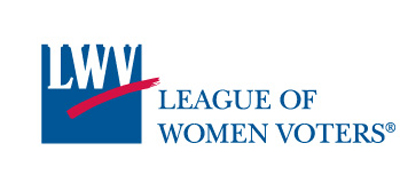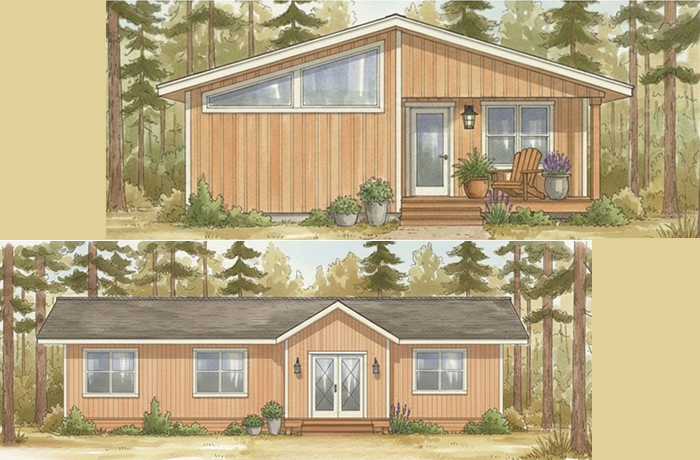||| FROM LEAGUE OF WOMEN VOTERS |||
The Council set a public hearing for August 6 to hear resolutions to transition six parcels on Orcas from Designated Forest Land to Agricultural Open Space. The owner is willing to accept the increased tax rate and to stop harvesting timber on the parcels.
The Environmental Stewardship Department presented a report analyzing public comments on the draft Destination Management Plan. The concern about both increasing and decreasing tourism reflected why past efforts to create a plan to manage tourism failed to get consensus. Many comments focussed on a few hot topics, of which several were the target of misinformation. The county will deliver the draft plan to the Lodging Tax Advisory Committee, which funded it, and post the feedback report on the Engage website. The Council will not move forward with the draft.
The Environmental Stewardship Department recommended focusing on underlying policies like the economic development and transportation sections of the Comprehensive Plan. The economic development section has not addressed tourism despite its weight in the county’s economy. There is public support to work to protect the islands from the impact of tourism. How and where to find the resources for that work is a challenge. Lodging tax funds can be used only to support tourism promotion and facilities. Tourism can’t be controlled; tourists will come. The challenge is for the community to work together to derive economic benefits while limiting unwanted impacts.
The Council continued the discussion from a June Council meeting on which path to take in the future regarding a Destination Marketing Organization(DMO), required by law to implement lodging tax funds designated for marketing, once the current contract with the visitors bureau expires at year end. Options include a new contract with the visitors bureau, an open request for proposals, existing funding formula with existing funding formula funding Chambers of Commerce as DMOs, or doing destination marketing in-house. Council members wish to engage with chambers and have more info on the experience of counties that do this in house.
The League of Women Voters, a nonpartisan organization encourages informed participation in government. The Observer Corps attends and takes notes at government meetings to expand public understanding of public policy and decisions. The notes do not necessarily reflect the views of the League or its members.
**If you are reading theOrcasonian for free, thank your fellow islanders. If you would like to support theOrcasonian CLICK HERE to set your modestly-priced, voluntary subscription. Otherwise, no worries; we’re happy to share with you.**









If it is true that, “Lodging tax funds can be used only to support tourism promotion and facilities.” as stated in the above post, then why are we not discussing ways to either change that rule at the state level and/or finding a legal way to define affordable housing as necessary to “support tourism”. Tourism rides on the backs of workers and to be prevented from utilizing the county’s share of the lodging tax to assist affordable housing issues is just crazy.
One affordable housing model to consider that has been implemented in Marin Calif are financial incentives to transform existing built space into studio apartments. Garage and master suites are transformed into worker or senior units at a much lower cost than new builds. Infill doesn’t need to be limited inside UGA if we go through approval channels and aren’t building new footprints?
Incentives can be (REET?) cash toward remodel costs for mid to low income home owners. And/or a property tax forgiveness for owners. Either require oversight to ensure compliance. Tenant affidavits confirming local residency, not Air BnB for example. Could be different incentive rate levels for seasonal vs year round workforce tenants?
We need to think differently and creatively to solve these pressing issues.
Don’t let the Visitor’s Bureau mislead you. It’s not that promoting for more tourists will solve our current housing problems, the truth is that we don’t have enough long-term housing, and consequently employees to fill the job market, because of policies that over-promote tourism… things are out of balance. The citizens (see above) continue to make good suggestions… hopefully they will be listened too.
“Tourism can’t be controlled; tourists will come. The challenge is for the community to work together to derive economic benefits while limiting unwanted impacts.”
I believe the way that it was stated during the meeting was “Tourism can’t be controlled, but it can be managed.”
The challenge is for the county council to honor the desire of the majority of the people that live here, and mitigate the negative effects of tourism by taking measures that will ensure we will not reach a level of over-tourism that continues to destroy that which most of us moved here for in the first place. A challenge, yes. Impossible, no.
Meanwhile, the Visitors Bureau continues to load the dice with another action (robo) letter to all of it’s members today requesting them to sign and forward their letter to the county council in an attempt to influence the outcome of the council’s decision regarding the future of the Destination Marketing and Management Organization (DMMO). This reminds me of the recent past solicitation by the Visitors Bureau urging its membership to “Vote on every device you have everyday so that we can be counted in the top 10 tourism destinations in the country.” Likewise, this type of last minute solicited commenting from the Visitors Bureau’s membership begs the question– does the county count the repeat letters from the same person/business once, or each time they submit a new comment? If it’s the latter, instead of just having sent one comment I suppose I could write a new one each day in order to bump up the numbers.
Restricting short-term vacation rentals to units where the owner is present at the time of the tourist visit will reduce tourist impacts.
It would also reduce the investment class.
There’s a difference between those that live here and host a vacation rental in order to help sustain their livelihood, and those who purchase multiple vacation rentals in order to maintain their lifestyle.
Limits on the overall numbers of vacation rentals allowed in San Juan County was a wise move on behalf of the current council. It is a common practice in many places around the country, (and around the world). It is hoped that the incoming council that we will see in November will make a commitment to keep this legislation in place.
So… am I understanding this? These islands are a ‘product’ to be ‘marketed’ and sold to the highest bidders? (‘ Investment’ LLCs, mostly)
And the tax monies raised go into MORE marketing?!
The comments so far are addressing the real problem and offering a few creative solutions that would require sharing the load of burden so that UGAs are not environmentally or quality-of-life destroyed as well – and getting rid of that policy of putting tax monies into yet MORE marketing. I have a much harsher word for ‘marketing’ which starts with a P and will leave that to imaginations as to what that word is. We are not for sale. The First Nations before us were/are not for sale.